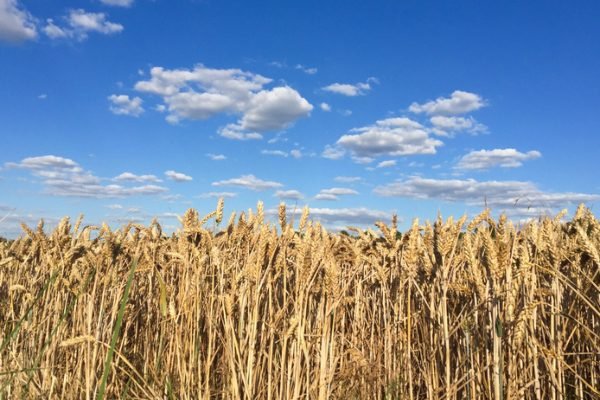This article first appeared in our ‘Why organic is the answer’ issue of My Green Pod Magazine, distributed with The Guardian on 03 September 2021. Click here to subscribe to our digital edition and get each issue delivered straight to your inbox
I’ll never forget the day I was shopping in a supermarket in the Netherlands, and noticed the organic fruit was labelled ‘biologisch’.
It seemed peculiar; surely everything is biological?
This label demonstrated that vegetables grown with chemicals needed to be segregated from the biological, or natural, produce; the suggestion here was that non-organic was non-biological.
More than 30 years later, nothing has changed in the agricultural industry – though more and more people are cottoning on to a tragically ironic statement: the modern agricultural system is not only non-biological, it is actually anti-biological.
The agricultural revolution
Farming, defined as a way to domesticate certain plants and animals, has been with us for roughly 12,000 years. It sprang up in various places around the world – including south-east Turkey, South America, Papua New Guinea and China – whenever population pressure and local resources became dicey, or certain plants were favoured and a guaranteed harvest was required.
This transition from collecting wild foods to ownership of grain is known as the agricultural revolution, and with it began an epoch characterised by man’s dominance and subjugation of nature (and other humans). It also marked the beginning of our disconnection from our true mother.
Nearly all farming was organic before the second world war, as for millennia it had proved a sustainable strategy. Then modern farming – or monoculture – became the dominant practice, with its massive machines, chemicals and sterile seeds. In less than 70 years this approach has revealed itself to be completely unsustainable and desecrating.
Driving destruction
It has been estimated that crop loss from pests and weeds in 1940 was around 30%; today, after approximately 140 million tonnes of some of the most toxic chemicals ever invented by mankind have been freely and legally sprayed onto our food and the land, 37% of crops are lost to pests.
If that were not worrying enough, a 2019 survey from the International Food Policy Research Institute concluded somewhat alarmingly: ‘the cost of the damage caused by agriculture is greater than the value of the food produced.’
The world experts also worryingly suggested that the £560 billion of subsidies – which is nearly £1m per minute – given out worldwide to farmers was actually driving the climate crisis and destruction of wildlife.
 Play Video about This Rock Might Just Save The World
Play Video about This Rock Might Just Save The World Play Video about Play 2 hours of rock
Play Video about Play 2 hours of rock Play Video about Play 2 hours of brook
Play Video about Play 2 hours of brook Play Video about Play 2 hours of sheep
Play Video about Play 2 hours of sheep











































